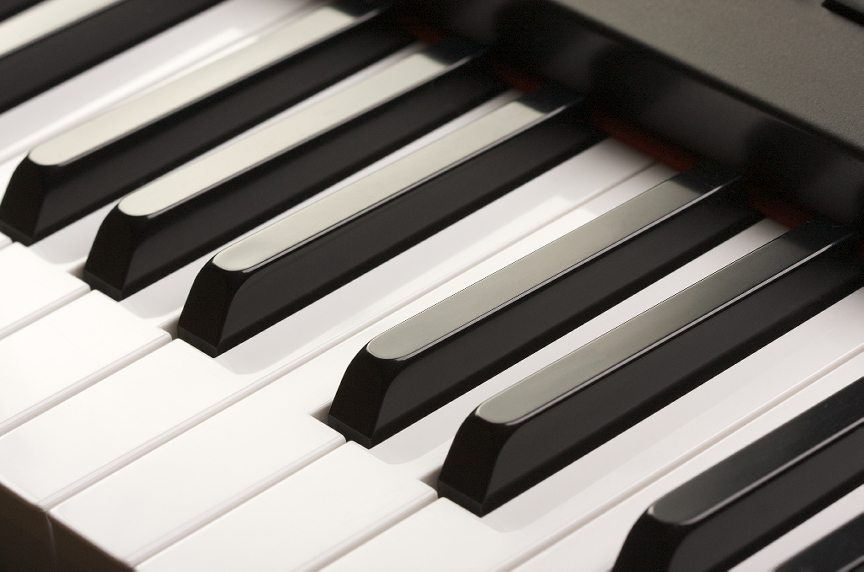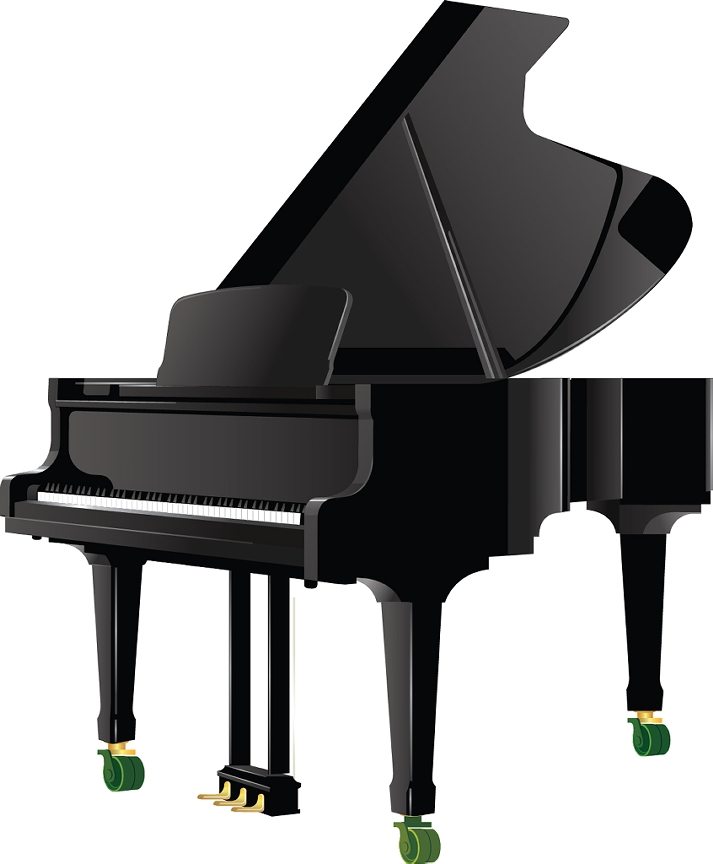Conventional pianos are not really for everyone, which is why there is an ongoing demand for the leading branded digital pianos. As with any traditional pianos, you can also rent digital pianos to find out if it is the best musical instrument for you or your family. Even though you can find a secondhand unit in top condition, the more advanced models are often for sale only. When purchasing a digital piano, it is imperative that you consider the various pros and cons.
The following list may be useful to you:
Pros of Digital Pianos
Size – Due to its size, it is easy to move the digital and player piano around. For instance, if you are unhappy with the acoustics of the living room, you can dismantle and effortlessly move the instrument to another room. In addition, you can take it with you on one of the family’s road trips.
Cost – A large number of digital pianos are more affordable compared to acoustic pianos. Even the models from high-end brands are affordable to someone with an average household income.
Maintenance – Digital and player pianos do not necessitate tuning and tweaking. All you need to do is to plug it in and play it as you like. Bear in mind that digital pianos do not go out of tune and furthermore, you simply need to dust it off on a monthly basis.
Versatility – The majority of digital instruments come with a wide range of sounds. This allows you easily to become a one-man band or add the tone of a flute to your piece. You want the sound of a cello? Trust me, you can find it in any quality digital piano!
Headphones – Not many people like the sound of music, regardless of the type of musical instrument. If you are surrounded by individuals who would rather have a quiet time than to hear you play your favorite instrument, you have the option of using your headphones. Therefore, you can still practice while your family or friends are napping.
Cons of Digital Pianos
Power – Digital and player pianos work efficiently with D-size batteries, but if you do not have additional batteries or power, it cannot operate.
Complexity – A small number of digital pianos, for example workstations, consists of various sampled sounds, effects, and sequencing tools. In order to use these supplementary features, you need lots of patience, because they can be relatively difficult to comprehend.
Sound Quality – While digital noises are superbly amazing, a number of them can be unimpressive, particularly if you want to impersonate a particular musical instrument, i.e. harp or saxophone.
Keyboard Action – Some digital pianos are not touch sensitive, which means whether the key is played hard or soft, the volume remains the same. In certain models, the volume is controlled by the volume knob. Several digital and player pianos with weighted keys are constructed to give players the feel of a conventional piano; a few models succeed in doing so, while others fail miserably.
Desuetude – As with any computers and electronic devices, the current models of digital pianos would most likely become obsolete or discontinued, due to frequent production of new and enhanced models. Thus, there is always an urge to upgrade to a newer model.
Obsession – You will not only want to upgrade to a better digital piano model, but also, more improved speakers, a new case, or stand.
If you are an up and coming composer or musician, a digital piano is definitely the best instrument to purchase. The key is to shop around and make a decision based on your musical needs.
What factors do you consider when purchasing a musical instrument?




